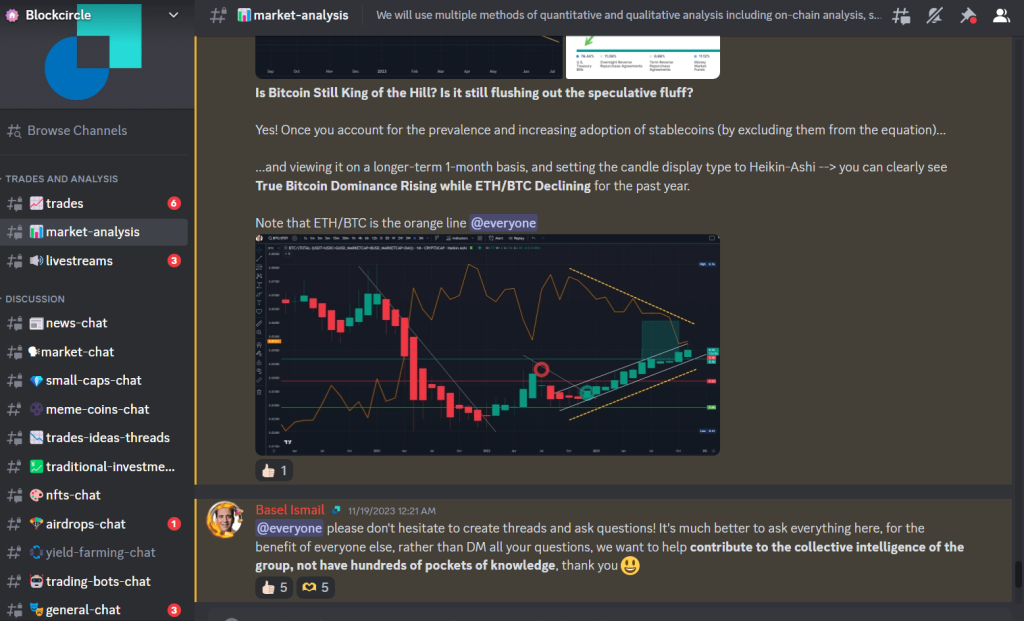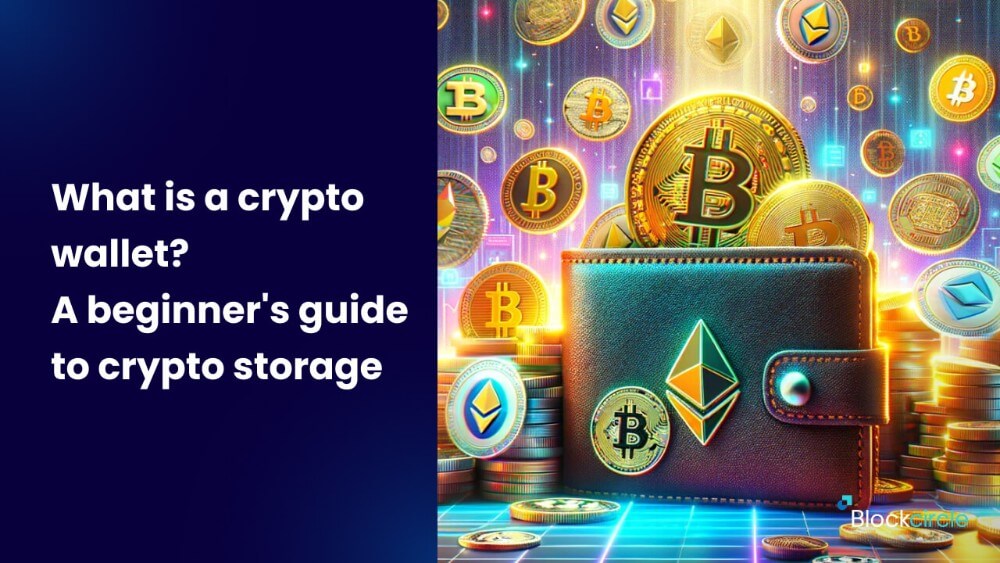Your first experience with crypto may be that of visiting a crypto exchange website, creating an account, going through the KYC identification process, and then buying and selling crypto with a brokerage-style trading interface.
If that’s the case, you may not have heard of the term “crypto wallet” yet. You’d ask yourself, “What is a crypto wallet? Is it similar to my trading account? Do I need to open a bank account? Is it safe?” All of these and more questions will be answered in this beginner’s guide to crypto wallets and secure crypto storage.
What is a crypto wallet?
A crypto wallet is a software or program that allows you to securely store, send, and receive cryptocurrencies, such as Bitcoin, Ethereum, Dogecoin, and others. Most crypto wallets are free to use, and have standardized security measures to ensure your crypto is safe.
“But isn’t my crypto stored on the exchange that I use to trade crypto? Why do I need a crypto wallet?“, you may ask.
It’s true that your crypto exchange stores your crypto for you, but it isn’t 100% guaranteed to be safe. The way your crypto is stored on exchanges, and on your very own crypto wallet is different. On exchanges, you buy and sell “claims” of crypto assets, not the assets themselves. If the exchange goes bankrupt, there’s a chance that those claims become void. Unlike traditional banks, crypto exchanges aren’t insured, so you could actually lose your crypto.
Crypto exchanges usually offer a way to “realize” your claims, and transfer crypto to your own wallet (they usually call this action a “withdrawal”). When you take crypto storage into your own hands, via a crypto wallet, you take full responsibility and full control over your assets.
Types of crypto wallets
Crypto wallets are primarily categorized into two types — cold wallets and hot wallets. Cold wallets use a special hardware to store your credentials for accessing your crypto. Although it offers extra security benefits, it can take a while to learn to use it effectively. We won’t be covering cold wallets in this guide.
Hot wallets, on the other hand, are more straightforward. You only need your personal device(s) to set up a new crypto wallet and get started. For beginner-friendly hot wallets, you can check out Rabby Wallet and Trust Wallet.

Rabby Wallet is currently released for use on Desktop for both MacOS and Windows users, as well as a Chrome browser extension. If you think you’ll use DeFi services some time in the future, like Uniswap, you may find Rabby Wallet quite useful as you can open it up quickly on the browser as you visit DeFi services on the Web.
Trust Wallet is both available as a mobile app and a browser extension. As a mobile app, once you’ve created your wallet, it can use the security features of your phone such as biometrics for quicker access. You can also add additional security features like a password on top of it.
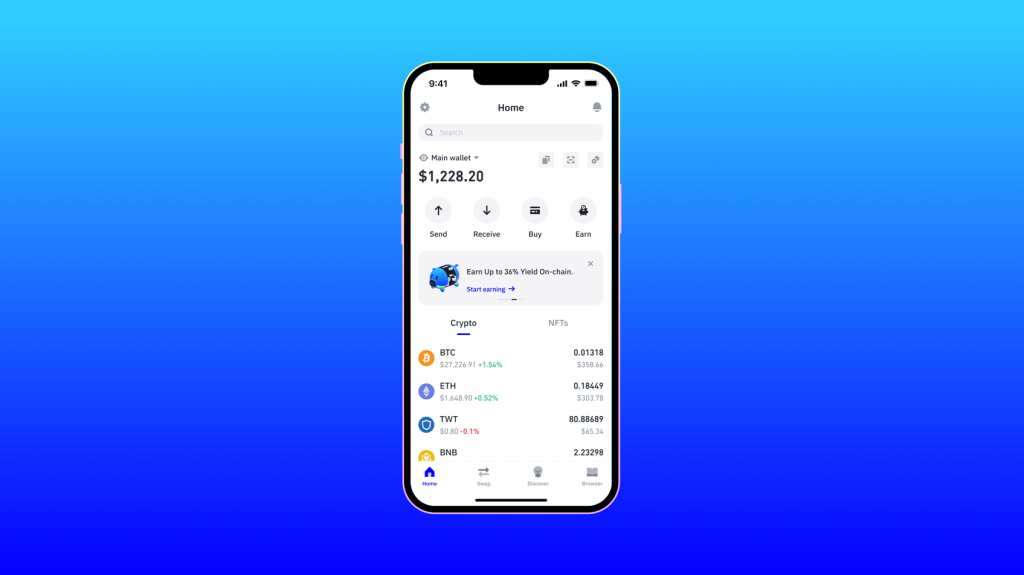
How to use a crypto wallet
Because a crypto wallet is a software, you can download it on your mobile or desktop devices as any other app. Different wallet providers offer different visual experiences, but the principle steps are the same for all types of wallet:
1. Set up a new wallet without KYC
Crypto wallets use the decentralized infrastructure provided by crypto technologies. That means, you don’t need to submit your ID to create a new wallet. With that in mind, you can make as many crypto wallets as you like.
2. Back up your wallet with a seed phrase
Without KYC, the only way to prove to the software that you’re the real owner is to use a seed phrase. A seed phrase is a series of 12 (or more) English words that acts as your primary credentials to your wallet.
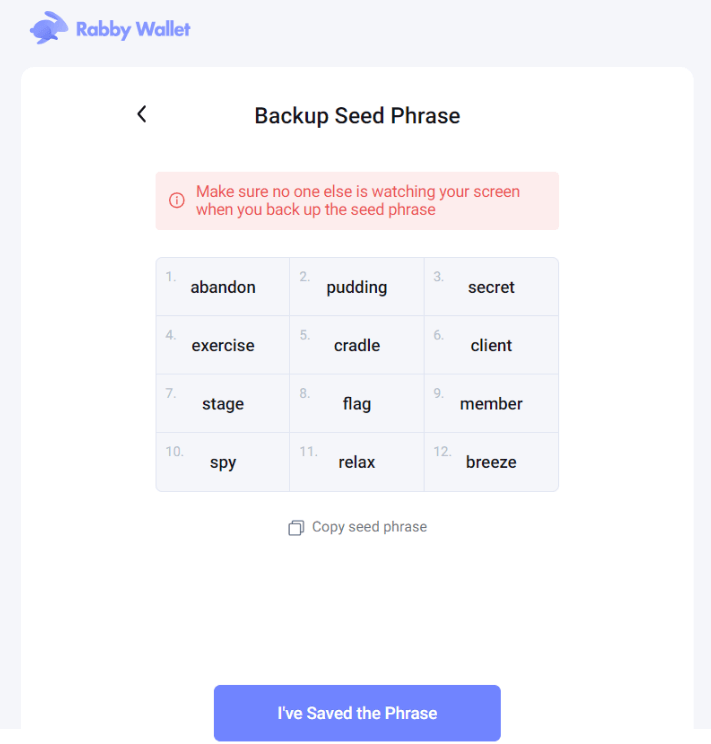
Of course, you wouldn’t need to input your seed phrase every time you want to access your wallet. On most wallets, like Rabby Wallet shown above, you get the chance to set up your own password for unlocking your wallet.
You still must make sure that your seed phrase is stored somewhere secure. You will need your seed phrase in the following two conditions — 1) if you forget your password, and 2) if you want to switch to a different device and use the same wallet.
3. Send and receive crypto assets
Each crypto wallet comes with a unique crypto address. Here’s an example of an Ethereum crypto address:
0xb349b363c874eecb8a9befd7890ca80cb55b6f50
This unique address is what you use to receive crypto. It’s like your publicly available account number. You use this when you want to withdraw your crypto from an exchange.
Tip: When you’re sending crypto, you need to make sure that you’re sending crypto to the right wallet. Otherwise, it will be lost forever. Therefore, you need to check that the address is correct. Fortunately, you don’t need to check every single character. Look at the first 5, and the last 5 characters. Then pick 5 characters at a random position in the middle of the address.
Pros and cons of using a crypto wallet
Crypto wallets are primarily used for long-term storage. If you’re an active crypto trader who does day trading, it might make more sense to store your trading capital at an exchange. Exchanges usually offer more trading opportunities such as leveraged trading, which allows you to trade with less capital. However, it’s still a good idea to own a crypto wallet, for example, if you want to keep your trading profits off the exchange.
With that in mind, here’s a list of pro and cons of using a crypto wallet:
Pros:
- Security: Wallets offer enhanced security, especially hardware wallets, as they keep your private keys offline and away from potential online threats, reducing the risk of hacks and theft.
- Control: You have full control over your funds, which is essential for active traders and long-term investors. You can make quick decisions without relying on a third party.
- Ownership: When you use a wallet, you have true ownership of your cryptocurrencies, which aligns with the ethos of decentralization and self-custody.
- Diversification: You can easily diversify your holdings by using different wallets for various purposes, such as a hardware wallet for long-term storage and a hot wallet for active trading.
- Privacy: Some wallets provide a degree of privacy and anonymity, which can be appealing to those who value their financial privacy.
Cons:
- Responsibility: With great control comes great responsibility. You are solely responsible for the security of your wallet and must take precautions to prevent loss or theft.
- Transaction Costs: Moving funds in and out of wallets may involve transaction fees, which can add up, especially if you’re an active trader.
- Lack of Customer Support: Crypto wallet providers typically offer limited customer support compared to centralized exchanges, which can be a disadvantage if you encounter issues.
- Limited Trading Features: Wallets are primarily designed for storage and security, so they may lack advanced trading features and tools that some exchanges offer.
Crypto wallets are perfect for momentum traders
Momentum trading involves looking at the market momentum and riding the uptrend or downtrend of a particular asset. It involves buying one or several crypto assets once, and waiting it out for days at a time. Since swing trading is not an active trading strategy (unlike day trading), you can definitely store your investment assets in your crypto wallet for extra security.
Furthermore, momentum trading can be quite lucrative if you have access to these:
- Intel regarding which cryptocurrency will “explode” in the next few days / weeks.
- Intel regarding the perfect price ranges to enter into a trade.
- Tips from a community of smart traders.
Blockcircle offers all of these and much more! Be sure to check out our analysis tooling that helps ordinary traders become trading pros.
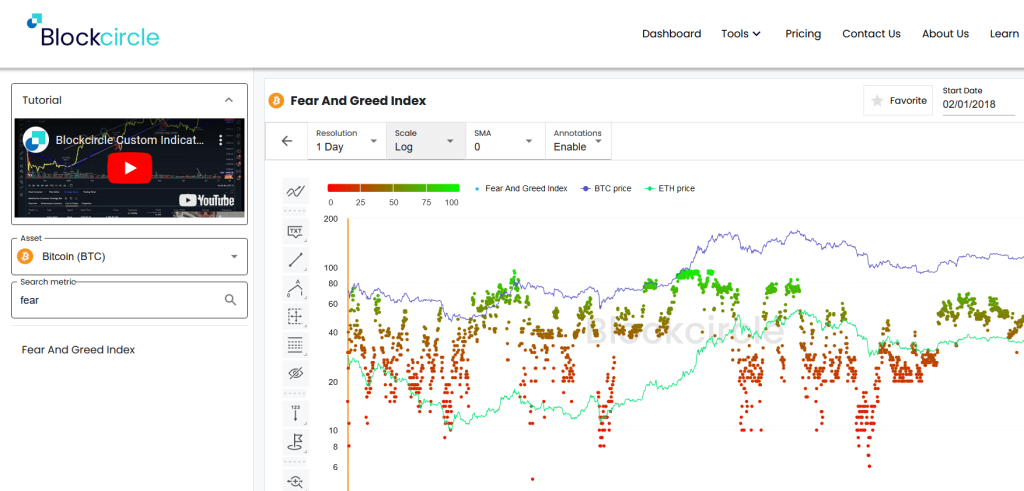
We can’t wait to have you as a member of our exclusive Discord community who’s always out looking for hidden gems at insanely discounted prices!
